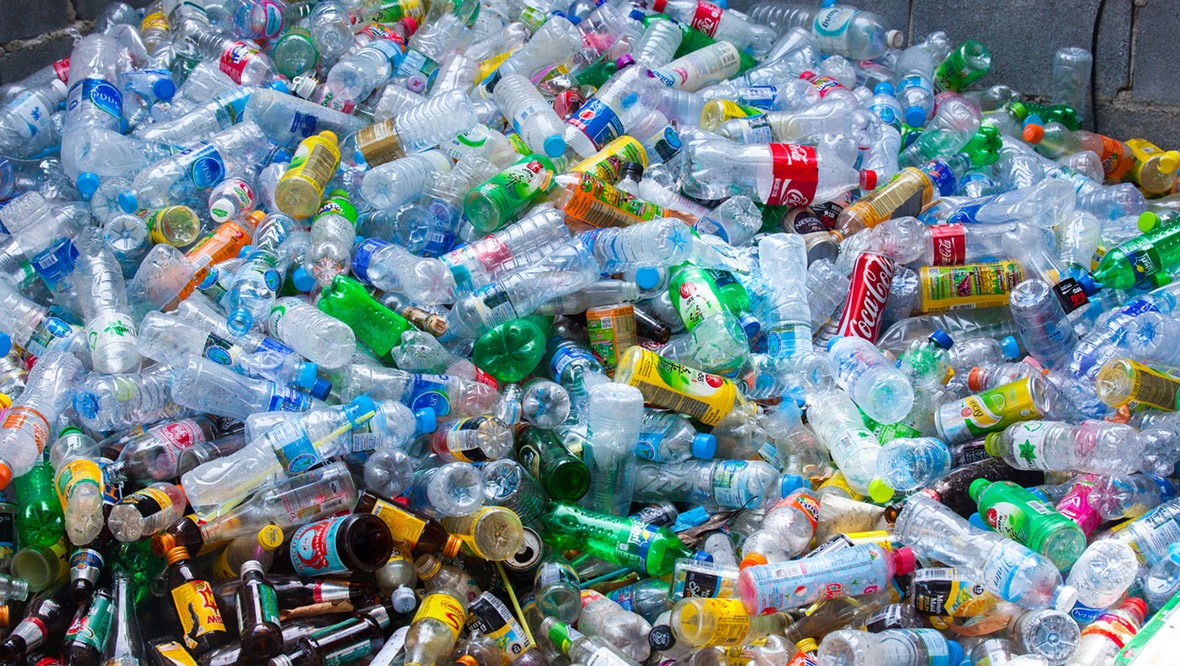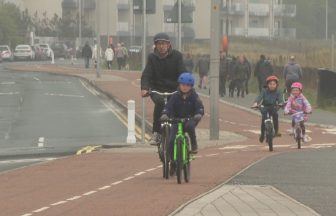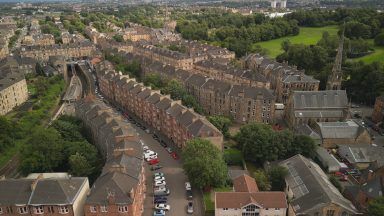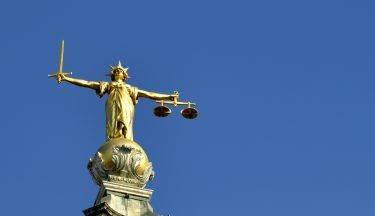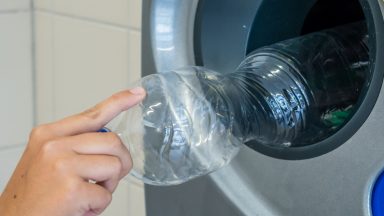Drinks-related litter was found in almost 95% of all volunteer surveys of beach rubbish in Scotland, an ocean conservation charity has revealed.
The Marine Conservation Society has called for the new First Minister to ensure the deposit return scheme goes ahead in August in order to boost recycling.
Environmental experts say introducing the deposit return scheme is “critical” due to the amount of litter being found in Scotland.
Kat Jones, director of the Association for the Protection of Rural Scotland, said: “You only have to look around you to see that litter is plaguing our countryside and beaches, and threatening both human health and wildlife.
“The fact that bottles and cans were found on 95% of beaches surveyed shows how critical it is that we introduce deposit return for these items.
“The good news is that this will decrease massively once deposit return is introduced this August in Scotland, and eventually across the rest of the UK.
“We need more internationally proven policy measures like this and less foot-dragging if we are to have any hope in tackling the litter blight we are currently facing.”
The survey results showed 82% of volunteers found caps or lids and nearly three-quarters (72%) found plastic bottles.
Results from 2022 also showed the Central Belt of Scotland is a hot spot for sewage-related items such as wet wipes or sanitary items, with volunteers recording they found almost 30,000 across beaches in the Firths of Clyde and Forth in 2022.
Scotland’s beaches were polluted with the most litter across the UK, the charity said.
It makes its way into the sewage system through the UK’s storm overflow drains.
The Marine Conservation Society has been running its Beachwatch litter survey programme for almost 30 years.
Volunteers are asked to record all the litter they find within a 100-metre stretch of beach.
By gathering vital data, the charity can create change for cleaner seas and a healthier planet.
Calum Duncan, head of conservation Scotland at the Marine Conservation Society, said: “Sadly, our volunteers found drinks-related litter on 95% of beach litter surveys in 2022. Our seas cannot continue to pay the price for our waste.
“The new first minister must ensure the deposit return system starts in August, to boost recycling and turn the tide on this kind of pollution.
“We know that these systems work, and we can’t afford any more delays. The deposit return system must be implemented on schedule, for both people and planet.”
The charity has said, however, the amount of litter recorded on beaches has decreased by around 11% across the UK compared with 2021.
Clare Trotman, Beachwatch officer at the Marine Conservation Society, said: “Thanks to our volunteers, we’re collecting year-round data which we use to campaign for action on ocean pollution. The good news is that we’ve seen the amount of litter recorded on beaches decrease by 11% across the UK compared to 2021.
“Overall, the number of litter items found per 100m has decreased by 38% since 2016, when litter levels peaked. This highlights the effectiveness and influence of policies which reduce pollution, and the impact our volunteers have every time they join a beach clean.”
Follow STV News on WhatsApp
Scan the QR code on your mobile device for all the latest news from around the country


